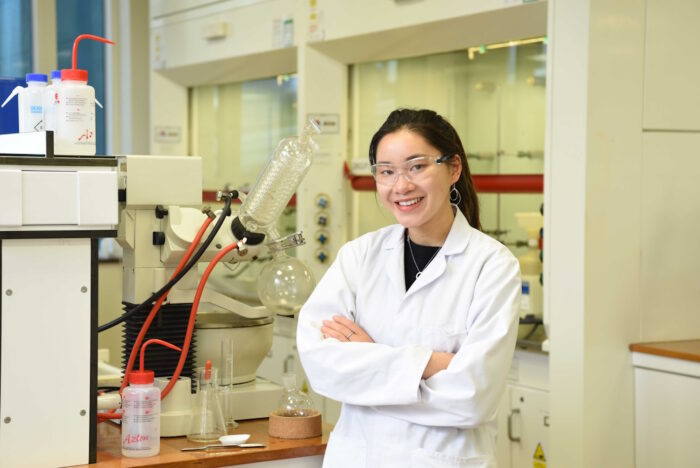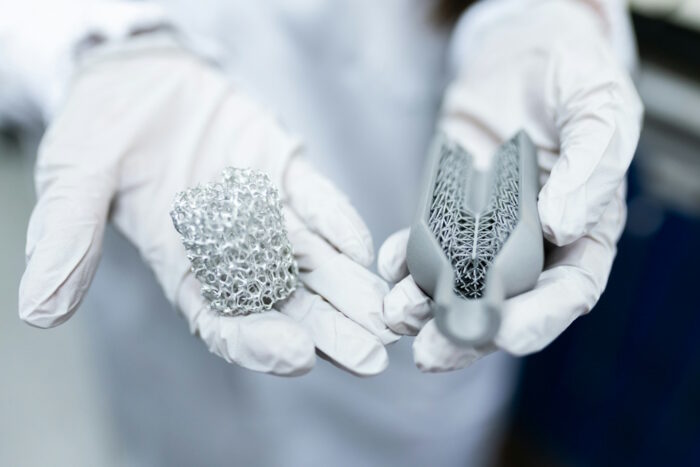Chemical Engineering and Biotechnology
- UCAS Code: H810 MEng
- Campus Code: 4
- Duration: 4 years
- Places per year: 1-4
The Chemical Engineering and Biotechnology course at Cambridge looks at the challenge of how processes can make products in a sustainable way.
Chemical Engineers make chemical products from raw materials. Biotechnologists use living systems and organisms to make products. On the course, you’ll learn the scientific principles used by both.
For an overview of the course content, visit the Chemical Engineering & Biotechnology course page on the University website. For information about applying for the course at Trinity Hall, continue reading this page!

Chemical Engineering & Biotechnology
Looking for something specific? Use these quick links to get to where you want to go…

Entry Requirements
Minimum Offer Level
A-Level: A*A*A
IB Diploma: 42 points, with 776 at Higher Level
Other: See the University’s Entry Requirements page
Subject Requirements
You will need A levels/IB Higher Levels (or the equivalent) in:
- Mathematics
- Chemistry
- A third subject from Biology, Physics or Further Mathematics
If you’re studying IB Higher Level Mathematics, we ask for Analysis and Approaches for this course.

Admissions Process
Written Work
None required.
Admissions Assessment
All applicants for Chemical Engineering and Biotechnology are required to take the Engineering and Science Admissions Test (ESAT) at an authorised assessment centre. You must register in advance for this test.
Please see the University’s admissions test page for more information.
Interviews
Two interviews of around 25 minutes each.